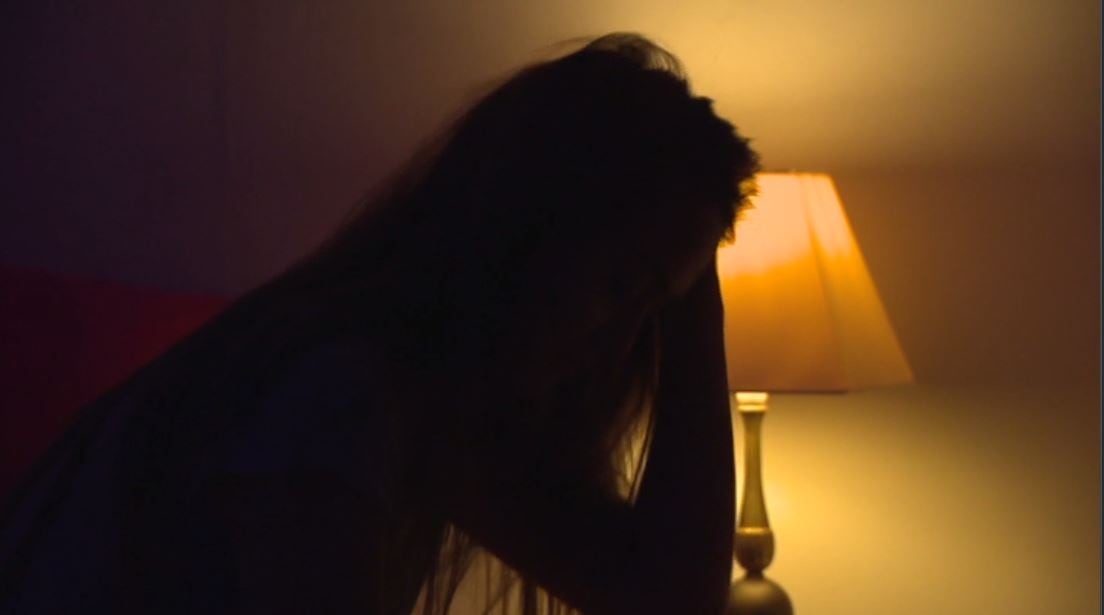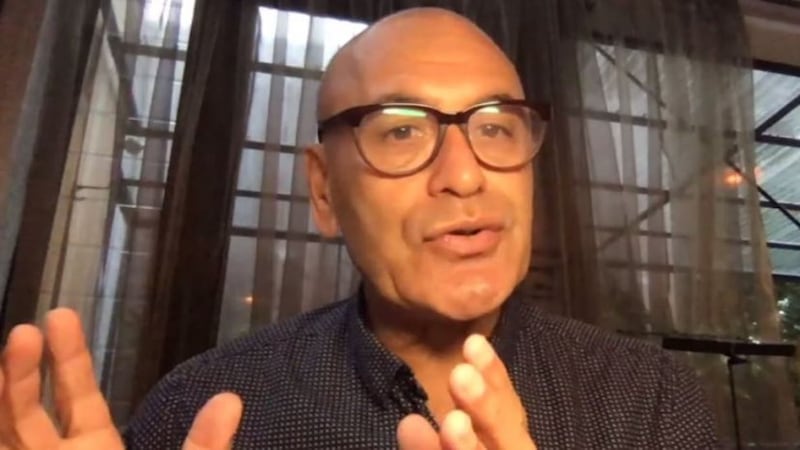Te Hiringa Mahara board chair Hayden Wano says the situation is "unacceptable". Source / File
Too many young people experiencing acute mental distress are being admitted to adult inpatient mental health services - and this practice needs to stop, a newly released report by Te Hiringa Mahara, the Mental Health and Wellbeing Commission says.
Te Huringa Tuarua 2023: Youth services focus report examines the trends in admitting young people to adult inpatient mental health services in Aotearoa and reflects on perspectives from young people, whānau and family who have experienced admissions to adult facilities.
"In the last year alone, 159 young people aged 12-17 years were admitted to adult mental health inpatient services - this is one quarter of young people who were admitted for inpatient mental health care. This is unacceptable. It needs to be zero," Te Hiringa Mahara board chair Hayden Wano (Te Ātiawa, Taranaki, Ngāti Awa) says in a media release Wednesday.
"Adult and youth mental health inpatient services are fundamentally different, and young people experiencing distress should not have to choose services that are not age-appropriate because there is no better alternative close to their whānau and home."

Young people have told the Commission they want wider options, including kaupapa Māori options to meet the needs of rangatahi Māori. Source / File
While there has been a considerable reduction in the rate of young people admitted to adult inpatient services over the last decade, Wano says "systemic changes" are required, as is committed leadership and a detailed action plan for responding to young people experiencing crisis and acute distress.
"Young people have told us they want to see a wider range of options to address youth distress across Aotearoa. This includes more age-appropriate community-based services and alternatives to hospital based inpatient mental health care; kaupapa Māori options to meet the needs of rangatahi Māori; and more youth-centric short-term respite services."
The Commission wants the Government to undertake a "thorough investigation" of the practice of using adult mental health services for rangatahi Māori and young people.
"Ultimately, we want rangatahi Māori and young people to have the best possible care, give them hope for their future, and to avoid any potential harm that may occur when admitted to adult services," says Wano.
"This is only possible if we have age-appropriate supports and services available for young people across Aotearoa."
In response, Te Whatu Ora has told Te Ao Māori News in a statement that it acknowledges the Commission's report and the "important feedback" it includes, and also elaborates on rangatahi admissions to adult units.
"We acknowledge the report of Te Hiringa Mahara – the Mental Health and Wellbeing Commission, as part of its mandate to monitor mental health and addiction services and advocate for improvements. We also wish to acknowledge the important feedback from rangatahi and whānau included in the report," Karla Bergquist, Te Whatu Ora – Health New Zealand National Lead, Mental Health and Addiction, Hospital and Specialist Services, says in the statement.
"There are currently three specialist acute inpatient units in the country specifically for rangatahi. These are in Auckland, Wellington and Christchurch.
"Decisions to admit rangatahi to hospital-level care are not made lightly and not before all other options are explored with whānau. If admission to a bed in one of the three specialist rangatahi units is not possible, admission to an adult unit may be considered," she says.
"There are times when it may be better and safer for a young person in crisis to be cared for in an adult inpatient unit, which might mean faster treatment and for them to be treated closer to their home and whānau.
"There can be multiple reasons why young people are admitted to adult wards – whānau may want them close to home, they need short 48-hour respite admission, or, as is the case with some young people, they are too unwell to travel and need urgent local treatment."
Bergquist adds that "all possible measures" are factored into ensuring the safety of rangatahi.
"When a young person is admitted to an adult unit, all possible measures are taken to ensure their safety. This might include housing them in a separate part of the ward, ensuring additional staff are with them at all times and enabling whānau to stay with them or nearby.
"We would note that many of the report’s findings highlight the importance of the work being done to support youth wellbeing in Aotearoa, through services tailored to meet the needs of children and young people, available where, when, and how they need them. We will continue to work hard to increase the capacity of specialist mental health and addiction services to help young people with more acute needs," says Bergquist.

